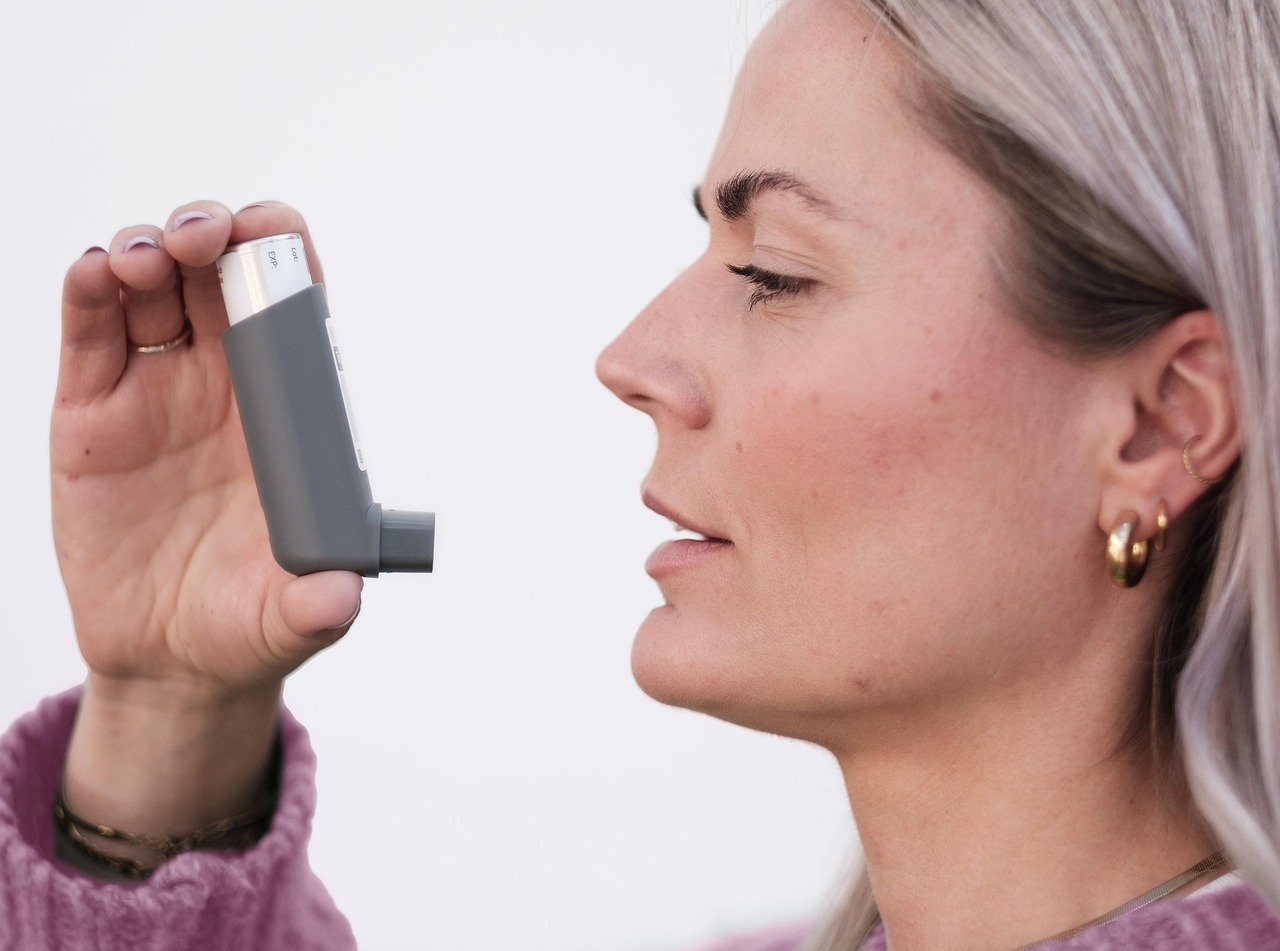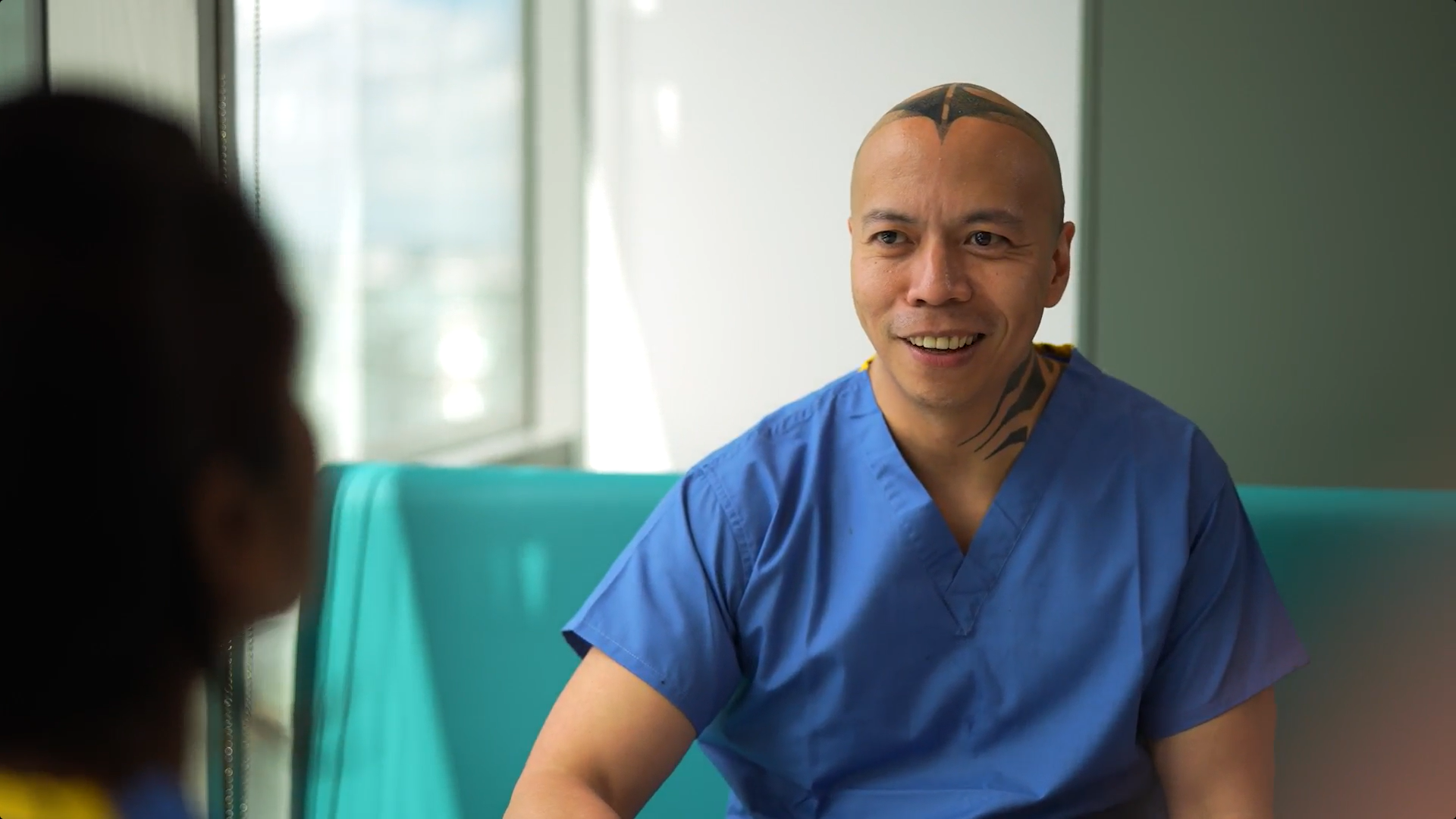Paid clinical trials offer significant benefits for both the medical industry and the participants. By taking part, participants contribute to drug discovery and medical advancements, all while being compensated for their time.
If you’re wondering how to find clinical trials, the process can seem challenging, but with the right resources, it’s possible.
This article explores where to find clinical trials and the key factors to consider before applying. It provides guidance on how to get involved in clinical research, helping you make informed decisions about which studies are the best fit for you.
How to find a clinical trial to partake in
When a new treatment is created, it must undergo clinical trials on human subjects before it can be approved and made available to the public. This process usually involves multiple phases of clinical trials, which assess how people react to the treatment in a controlled environment.
By the third phase of a clinical trial, a significant amount of data has already been collected, and the longer-term effects are considered. However, the data that researchers can obtain during these phases are mostly gathered in controlled settings. This means that even when looking at long-term data from the third phase, there is still a significant amount of real-world details missing.
This is where field studies, or later-phase trials, come into play. A field study is a type of study conducted after the treatment is approved and made available to the public. The study focuses on gathering information from the real world, where conditions and populations are uncontrolled.
The data collected during field studies allows researchers, sponsors, and others involved with the development of the treatment to assess its effectiveness in real-life situations, as well as to determine whether it is as safe as the data gathered during the initial clinical trials suggested.
How do field studies differ from traditional clinical trials?
If you’re wondering how to find paid clinical trials near you, knowing where to start is key. Finding clinical trials gives you access to the resources needed to identify studies you may be eligible for and provides an opportunity to participate in important medical research.
Clinical trial organisations
One way to find a clinical trial is by heading directly to clinical trial organisations. These organisations, many of which operate across the UK, manage a wide variety of trials. They compensate participants for their time when they take part in a study.
At FluCamp, we specialise in conducting paid clinical trials focused on advancing the understanding and treatment of viral illnesses, with the aim of eradicating these common diseases entirely. With over 25 years of experience in running clinical studies, we are a global leader in human challenge trials, dedicated to improving public health.
Healthcare organisations
If you’re looking for a broader selection of clinical trials, it’s worth exploring healthcare organisations that offer databases of ongoing studies. Be Part of Research is a great option in the UK, providing a nationwide list of clinical trials currently recruiting participants.
When you find studies that you’re eligible for on these websites, be sure to reach out to the clinical trial team. This will allow you to get more details about the study and learn about any financial reimbursements available to participants.
What to consider when looking for a clinical trial
Once you know how to find clinical trials in the UK, it’s important to consider the key factors before deciding which trials to apply for. Understanding more about clinical trials is a great starting point, and in this section, we’ll explore the main criteria potential participants should keep in mind. By focusing on trials with positive outcomes, you’ll be better equipped to make informed decisions and choose the right studies for you.
Trial objectives
The first step when considering a clinical trial is to review its main objectives. This could involve testing a new drug, evaluating the effectiveness of a vaccine, or assessing a preventative measure. Understanding the objectives gives you a general idea of what to expect during the trial and helps you determine if it aligns with any personal goals you may have.
Eligibility criteria
Not all clinical trials are open to everyone. Some trials may require participants with specific health conditions, while others may only be open to healthy individuals with no chronic diseases. For example, at FluCamp we run asthma clinical trials to understand how the common cold specifically impacts asthma sufferers. Reviewing the eligibility criteria will give you a better idea of whether a particular trial is a good fit for you.
Risks
There are several pros and cons to clinical trials. One of the cons is the fact that there may be a risk of side effects in some cases. In fact, in many scenarios, the researchers are still analysing the safety of a new drug or intervention. Therefore, if you are considering participating in a clinical trial you must fully understand the potential implications before committing.
Location and convenience
The location of the clinical trial is an important factor to consider. Trials close to your home will be more convenient than those that require travel.
However, don’t just consider the travel involved in getting to the clinical trial. Rather, many studies will require you to travel to a screening facility before you are even guaranteed a place on the study. In some cases, pre-screening for clinical trials can be done online or at a third-party facility, so travel to these locations is also something to consider. Additionally, many studies require participants to engage in follow-up studies. Again, increasingly these studies are conducted remotely however, others may require you to visit a facility irregularly which is travel time you need to bear in mind.
Sponsors and study team
Another consideration you shouldn’t overlook is the study team and the sponsor. For clinical trials that are testing a new drug, the sponsor is often a pharmaceutical company that developed the medicine. Don’t assume the credibility of these organisations, instead take the time to research into the trustworthiness of these organisations, reviewing participant experiences and previous clinical trials it has conducted.
It’s also a good idea to arrange a meeting with the study team. These are the experts you’ll be working with during the trial, so make sure they have the necessary expertise and can provide the care and support you need throughout the study.
Take part in a FluCamp clinical trial
Clinical trial organisations and healthcare companies are good starting points for people in the UK who want to participate in clinical trials. However, it’s important to understand how to filter through these trials, based on their objectives, eligibility, risks and overall convenience. If you are interested in participating in a paid clinical trial get in touch with our team to learn about the eligibility criteria for upcoming studies and to see if you qualify.















